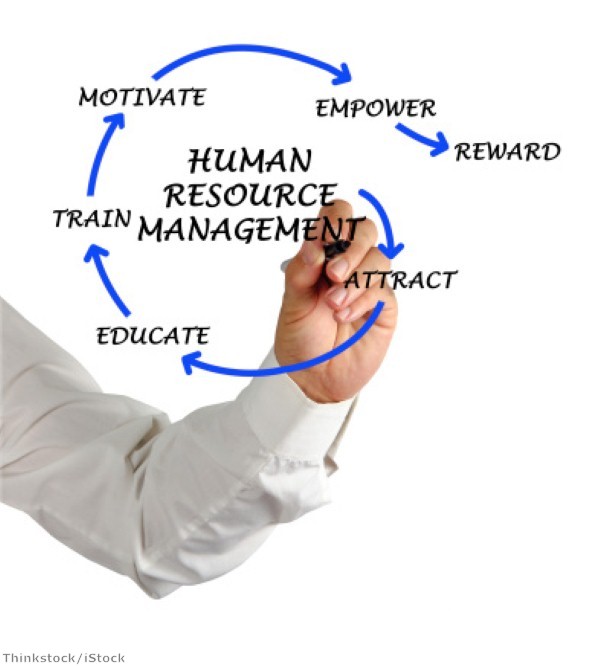Virtual staff and four-generation workforces will be among the challenges confronting HR staff in the future workplace, according to a new report commissioned by the UK Commission for Employment and Skills (UKCES).
The Future of Work extrapolates from current trends and technologies to paint a picture of the workplace of the future. While the report's compilers are keen to stress they cannot predict the future (forecasts of 20 years ago said we would now be enjoying reduced working hours and more leisure time), they say their research could affect the way we act today.
According to UKCES, multi-generation working is set to become common as people delay retirement into their 70s and 80s. It terms these "four-generation" or "4G" workforces.
While some of the predicted trends will undoubtedly be welcome – the role of women within the workplace is forecast to strengthen – others are less desirable. Highly-skilled, highly-paid professionals will enjoy a better work/life balance but others will experience increasing job and income insecurity.
Technology looks set to continue to transform many workplaces and many routine tasks will be performed by "smart algorithms", while "virtual work presences" will become the norm. Businesses seeking to increase their flexibility will reduce the size of their core workforces, relying instead on networks of project-based workers.
The report also predicts the rise of a phenomenon it terms "micropreneurism" as a result of demand for increasingly personalised and bespoke goods and services. New ICT developments which provide greater access to markets, innovation and cost savings, will facilitate this trend.
Large companies will open up their business models, focussing on what they can learn from one another, while running open Research and Development programmes, giving individuals and small businesses the opportunity to innovate.
Four possible scenarios are presented for the future direction of the UK economy: forced flexibility, the great divide, skills activism and innovation adaptation.
Each of these gives prominence to different patterns created as a result of technological change and increasing automation.
Toby Peyton-Jones, director of HR for Siemens in the UK and north-west Europe, and a commissioner at UKCES, said the report invites us to think about the implications of the trends it predicts.

